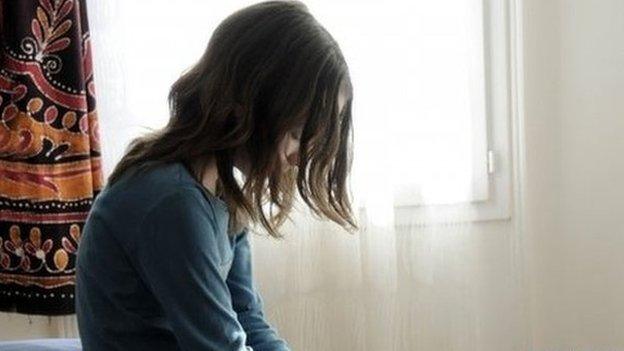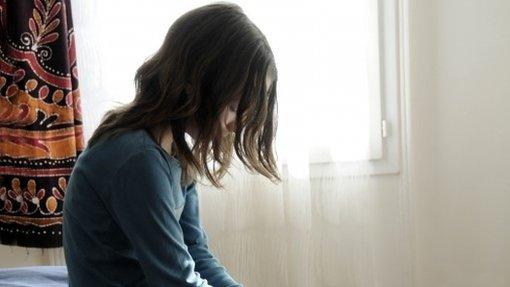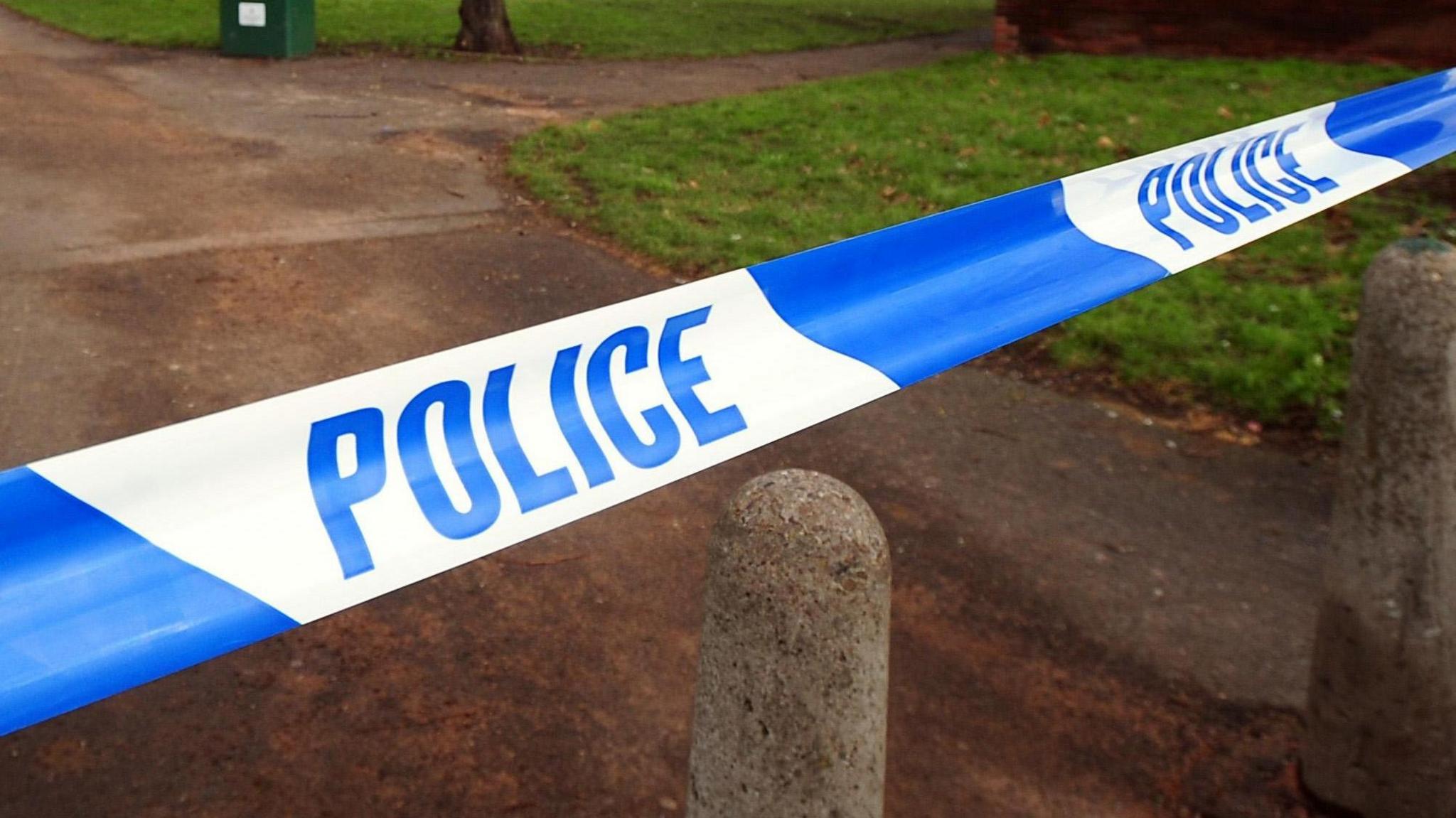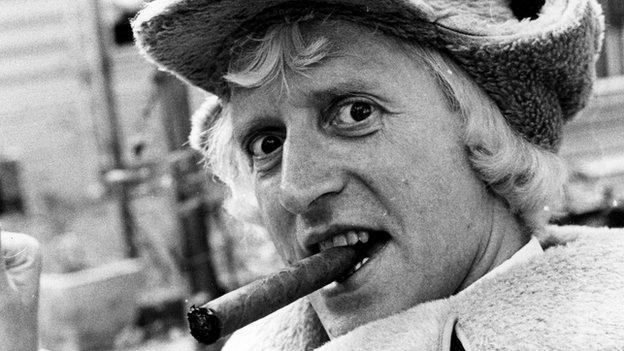Operation Hydrant: UK police identify 2,228 child abuse suspects
- Published

More than 2,200 suspects are being investigated by UK police probing historical child sex abuse allegations.
Figures from Operation Hydrant - which was set up by the National Police Chiefs' Council, external - show the total has risen by almost 800 since May.
It includes 302 people of "public prominence", including 99 politicians and 147 from television, film or radio.
Some 761 different institutions are now on the Hydrant database, including 288 schools and 204 children's homes.
Operation Hydrant was set up last summer to oversee the investigation of allegations of "non-recent" child sex abuse within institutions or by people of public prominence.
It does not conduct any investigations itself, but gathers information from other inquiries carried out by police forces in England, Wales, Scotland and Northern Ireland.
Of the 2,228 suspects currently under investigation:
Some 286 are now dead, while 554 are classified as unknown or unidentified
Among those of public prominence, 39 come from the music industry and 17 from the world of sport
A total of 1,217 are alleged offenders who operated within institutions, including 86 religious institutions, 39 medical establishments and 25 prisons or young offenders institutes
Other institutions named include 22 sports venues, 10 community institutions, such as youth clubs, and 81 other institutions, such as guest houses
A further six institutions are classified as unknown
Last week, a national Operation Hydrant conference took place, bringing together police and other experts to develop new guidance for police forces investing historical abuse.
Speaking at the conference, Ch Con Simon Bailey, national policing lead for Hydrant, said: "It is important that victims continue to have the confidence to come forward and report child sexual abuse.
"However, while there has been much public focus on those investigations falling under the remit of Operation Hydrant, it is important to remember that the majority of victims are abused by family members or friends.
"By the time police are involved, it is too late, and a child has become a victim. There is therefore an important role to be played by wider society, not just by the police, in spotting the signs and achieving early interventions to prevent child sexual abuse before it happens."
- Published20 May 2015

- Published5 August 2014

- Published26 February 2015
